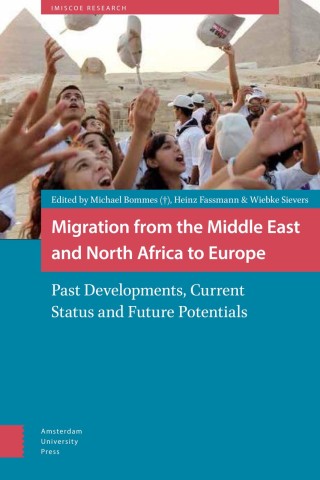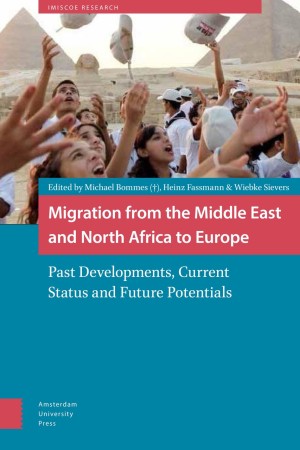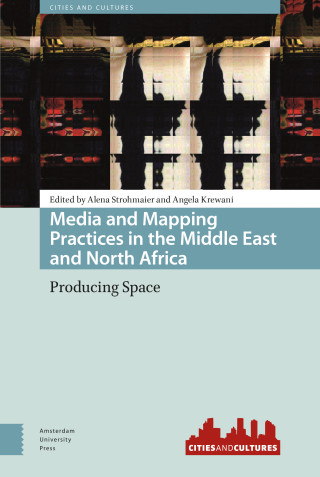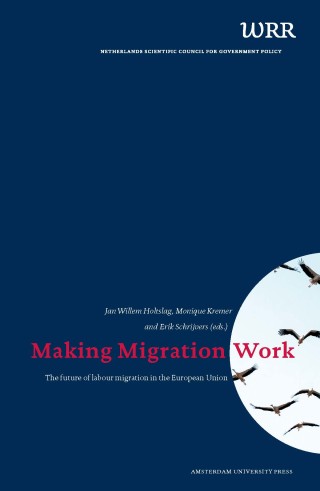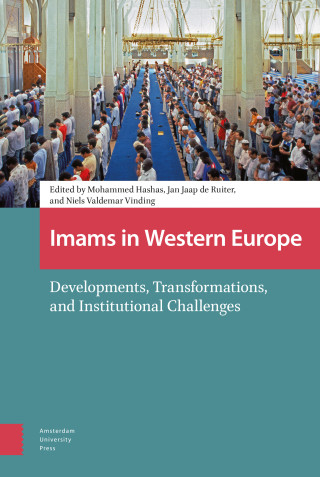One of the most important challenges concerning the future of the European Union is the demographic reproduction of the European population. Decreasing birth-rates and the retirement of the baby boomers will dramatically reduce the labour force in the EU, which will entail not only a lack of manpower but also lower contributions to European social systems. It seems clear that the EU will have to counterbalance this population decrease by immigration in the coming years. Migration Between the Middle East, North Africa and Europe takes this challenge as a point of departure for analysing the MENA region, in particular Morocco, Egypt and Turkey, as a possible source of future migration to the European Union. At the same time, it illustrates the uncertainties implied in such calculations, especially at a time of radical political changes, such as those brought about by the Arab Uprising.
